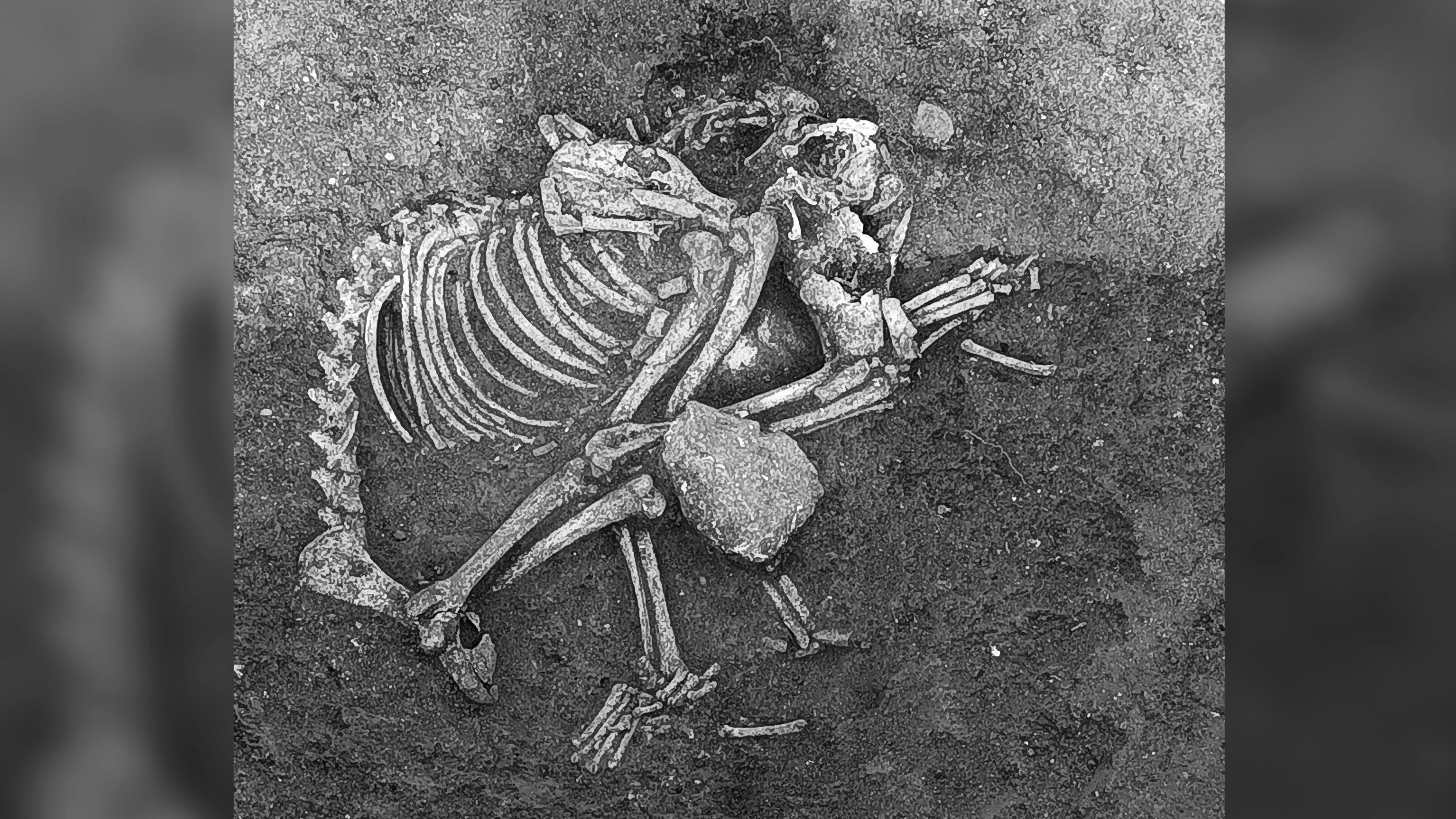Childbirth Training Can Ease Dads' Anxieties
Men scared of sharing the birth experience with their pregnant partners find childbirth preparation classes significantly ease their fears, new research suggests.
Of about 80 men diagnosed as "tocophobic," or fearful of childbirth, who participated in childbirth education classes, 18 percent found birth to be a frightening experience, said study researcher Malin Bergstrom of the Swedish medical university Karolinska Institute.
However, for 39 percent of fearful fathers who did not participate in such classes, the event proved scary.
"The practical training in a relaxed atmosphere may have been helpful," Bergstrom told MyHealthNewsDaily. "But also the explicit instructions for how to coach the partner during labor with prepared behavioral techniques."
Previous studies have found tocophobic men fear being helpless while their partners suffer, Bergstrom said, and learning the techniques may make them feel less helpless.
Bergstrom surveyed 762 expectant fathers about their feelings in the middle of their partners' pregnancies. The responses showed about 11 percent of the men were tocophobic.
In the United States, Lamaze childbirth preparation classes have been taken by millions of women and their partners, according to Lamaze International. Lamaze is one form of birth training, which teaches expectant couples breathing and relaxation techniques, as well as other coping tools for labor and delivery.
Get the world’s most fascinating discoveries delivered straight to your inbox.
Bergstrom said only a few studies have focused on men fearful of childbirth, but they confirm her observations as a psychologist that this group is somewhat prevalent.
Barbara Hotelling, a perinatal nurse and nurse practitioner at the University of North Carolina School of Medicine, said she had wondered 30 years ago — during the first birth she attended as a doula, or non-medical birth assistant — how the experience felt for men without as much training.
"I was so scared," she said, "and I thought, if that's the way it is for me, what's it like for a father, taking a six-week course, and told he is responsible for taking away (his partner's) pain?"
Both Bergstrom and Hotelling said these men are often neglected because they generally don't talk about their fears.
"They are well aware that it is their partner who is going to do the 'work' and be in pain, and that they should be her firm and safe support, so in order not to burden her, they remain silent," Bergstrom said.
Her research also found tocophobic men had a higher level of general anxiety during their partner's pregnancy, and lower self-confidence about becoming good fathers.
And one in three of these fathers had a partner with a similar fear, according to the study. Bergstrom said these anxious couples are "a particularly vulnerable group," and noted that each partner could drag the other down, sabotaging a potentially relaxed experience.
"I think our culture neglects both the father and the mother, when she becomes pregnant, and the whole focus is on the baby," Hotelling said. "I think it's a problem that we ignore both parents, but we've been ignoring fathers for way too long."
Hotelling said this situation can also take a physical toll, resulting in higher stress hormones circulating in the mother during labor, which can reduce blood flow to her organs.
"If both suffer," Bergstrom said, "it is more difficult to support each other and find positive ways to cope with the fear."
- Low Testosterone May Be to Blame for Men Who Struggle with Emotions
- Guys Who Are Too Caring May Hurt Sex Partners with Uncommon Condition
- 10 Things Every Woman Should Know About a Man's Brain
This article was provided by MyHealthNewsDaily, a sister site to LiveScience.
 Live Science Plus
Live Science Plus





